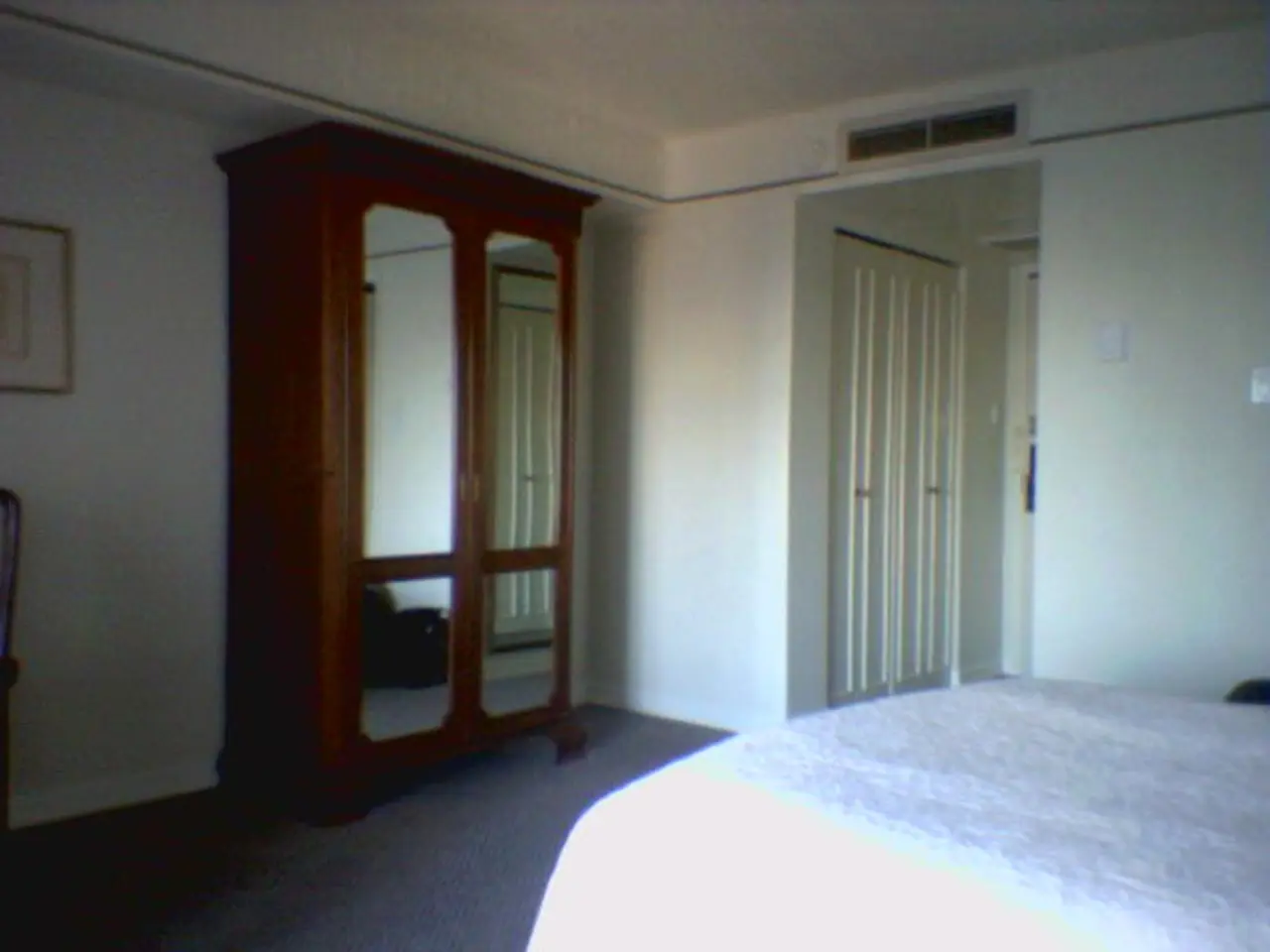Importance of Kitchen Exhaust Systems: Underestimated Significance Explained
In the heart of every home, the kitchen is more than just a place for cooking - it's a hub for family interaction, entertaining, and creating memories. However, the daily activities in the kitchen can have unseen consequences if proper ventilation is neglected.
Health Effects
Proper ventilation plays a crucial role in maintaining good indoor air quality. It removes fine particles, nitrogen dioxide (NO₂), carbon monoxide, and other pollutants generated by cooking, especially gas stoves [1][2][5]. By reducing exposure to these harmful pollutants, we can minimise the risks of respiratory problems, asthma aggravation, and serious conditions such as heart disease and cancer.
Conversely, poor ventilation allows these pollutants to accumulate indoors at levels exceeding outdoor air quality, exposing family members, particularly children, the elderly, and those with respiratory issues, to increased health risks, including asthma, lung tissue damage, and other chronic health conditions [1][2][5].
Home Value Effects
Good ventilation protects a home’s infrastructure from moisture buildup associated with cooking, which can cause mold growth and structural damage, leading to expensive repairs [3]. Proper ventilation is viewed as a valuable home feature, enhancing air quality and comfort, thus improving overall home marketability and value. Poor ventilation, on the other hand, can lead to costly damage and reduce home appeal due to lingering odors, smoke, or mold issues [1][3].
Comfort Effects
Effective ventilation improves indoor air quality and reduces cooking odors, humidity, smoke, and airborne grease, creating a more comfortable and hygienic kitchen environment [1][3]. Without proper ventilation, kitchens can become uncomfortable due to accumulated smoke, odors, moisture, and heat, reducing occupant comfort and increasing fire hazards due to grease buildup [3].
Investing in proper kitchen ventilation is essential to safeguard occupants' health, maintain and enhance home value, and ensure a comfortable and safe cooking environment. Poor ventilation has cascading effects on health (respiratory and systemic), contributes to home damage, and degrades daily comfort [1][2][3][5].
When choosing a kitchen ventilation system, factors to consider include cooking habits, kitchen layout, budget considerations, professional consultation, code compliance, and long-term value. The right system will balance effectiveness, aesthetics, budget, and specific cooking needs.
Remember, the benefits of good kitchen ventilation compound over time, making it one of the highest-return investments in kitchen functionality.
- Health Effects of Cooking Indoor Air Pollution
- Indoor Air Quality and Cooking
- The Importance of a Kitchen Ventilation System
- Kitchen Ventilation: A Guide to Buying, Installing, and Using Range Hoods
- Indoor Air Pollution in the Home: A Guide for Homeowners
- A well-ventilated kitchen isn't just conducive to cooking and family interactions, but it also promotes energy efficiency by reducing the energy required for air filtration.
- Quality ventilation systems can enhance the style and aesthetic value of a kitchen, with a variety of appliances available in sleek designs that complement modern home-and-garden aesthetics.
- A kitchen with proper ventilation can elevate your food-and-drink experience by minimizing the lingering cooking odors and smoke, providing a cleaner cooking lifestyle.
- Improved ventilation in the kitchen can lead to a more comfortable living space, by keeping humidity, heat, and airborne grease at bay, thereby ensuring a hygienic home environment.
- When investing in kitchen appliances, prioritize ventilation as an essential aspect of your home's energy efficiency and safety, contributing to a healthier lifestyle for you and your family.




